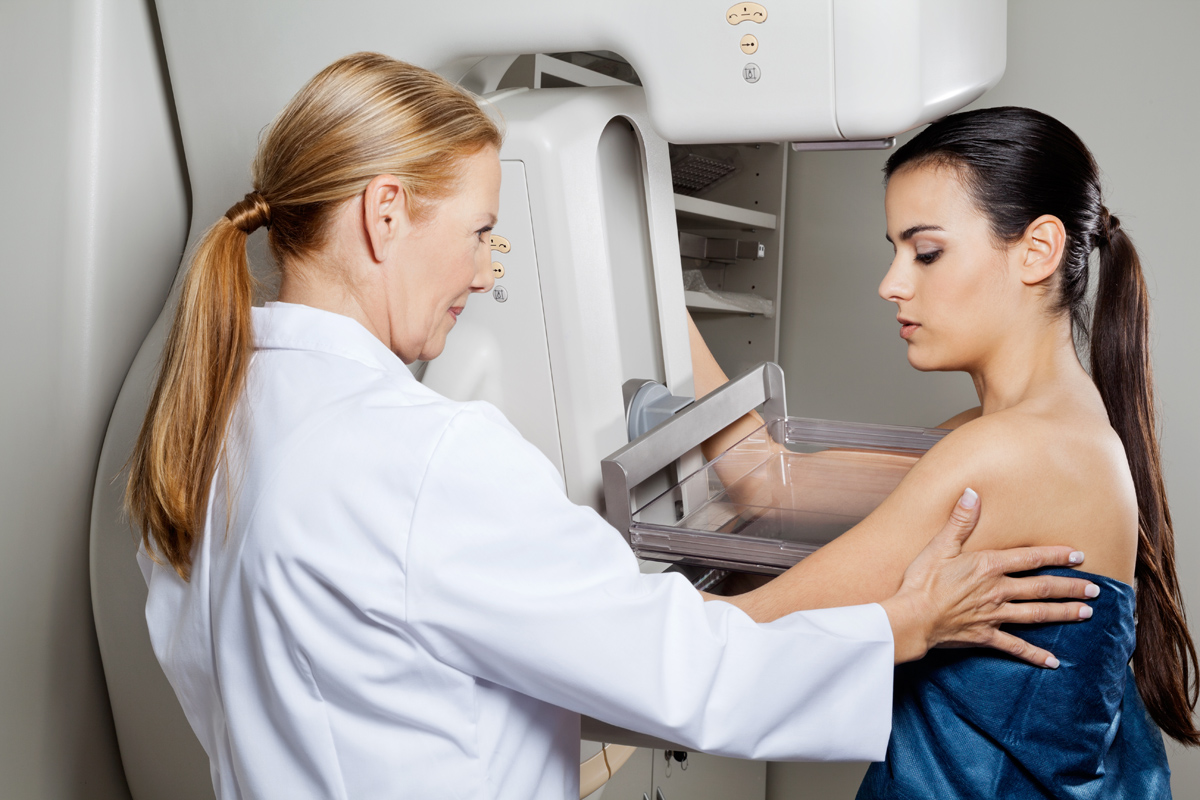Recent months brought controversy regarding guidelines of several preventative healthcare screening tests, such as pap smears and mammograms. The trend is to suggest that screening is not as important as we were previously led to believe. In fact, some proponents of minimizing the screening studies suggest they can be harmful. They feel false positive test results lead to unnecessary tests that may cause potential complications. Yet, if we don’t screen, we may miss cancer diagnoses or diagnose them at a later stage. This leads to the question of whether to screen or not to screen.
When these experts look at the screening guidelines, they evaluate NNT (or numbers needed to treat). Basically, they are examining whether a specific test is cost-effective if it detects a disease in a certain number of people. In contrast, on the clinical front-lines, I am responsible for each and every person that enters my exam room doors. It is unacceptable to miss a single case of cancer. We possess tools that aid in the detect at early stages. Their utility is well proven. Yes, we will find some false positives along the road. But, it is far worse to find a false negative, telling someone they don’t have cancer when they do.
If we stop doing certain screening tests, we lose the ability to detect many of these cancers in early stages. Without mammograms, there is no way to know if a woman has breast cancer until she develops a lump. At this point, it may be too late to save her. When we detect micro-calcifications on a mammogram and find the cancer in its infancy, the chances of a cure are much higher. Personally, I witnessed many women in their 30s and 40s being diagnosed with breast cancer. Where would they be if they did not do a mammogram? Many experts are currently pushing the recommendation for routine mammograms until the age of 50, a death sentence to women in their 40s who have breast cancer in my opinion.
Just today, I saw a 20 something year old woman whose pap smear results came back with atypical cells. While this is not cancer, it can develop into cancer in the future. Without doing a pap, we would never be able to detect that there is a problem there. Thankfully, she can now go on to receive treatment for this and hopefully avoid problems later on. The tendency is to do less and less pap tests. Cervical cancer still exists in the US. And it still kills. Until we eradicate it, my opinion is that we still do paps. Otherwise, some young women will die of cervical cancer who could have otherwise lived. It may be more costly, but isn’t saving one life worth it?
Many unnecessary tests are done in medicine these days. But, the more we do screening tests, the better we come at them and at developing guidelines. Most screening tests are rather benign. We should not be doing less screening tests but developing more and more. Many deadly diseases can be driven out sooner. And in the long run, this will cut costs. Isn’t the best way to cut healthcare costs be done by saving lives?
 Copyright secured by Digiprove © 2016 Linda Girgis, MD, FAAFP
Copyright secured by Digiprove © 2016 Linda Girgis, MD, FAAFP


